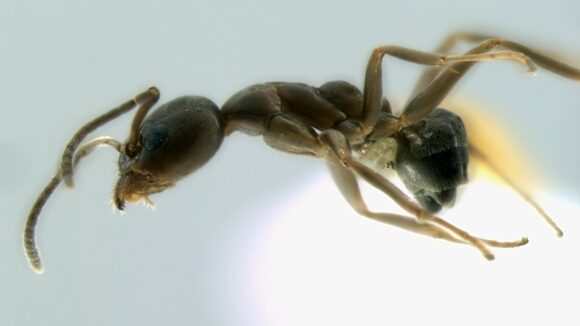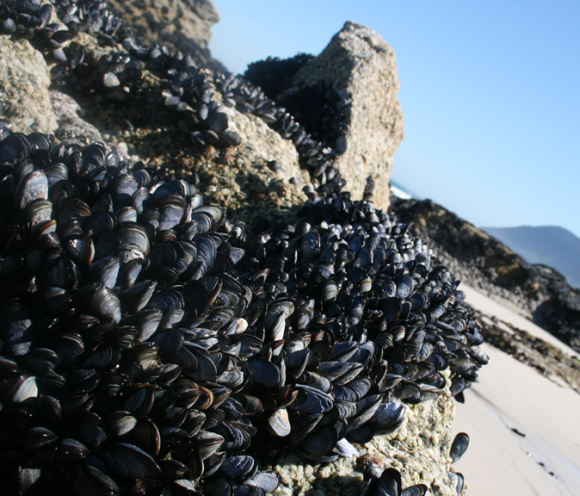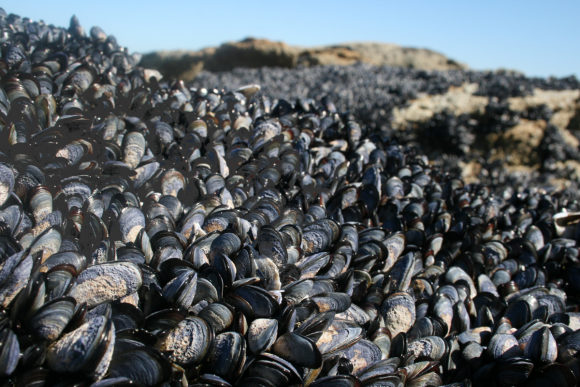In a study recently published in Behavioral Ecology, a team of C·I·B researchers showed that two important subtidal predators, rock lobsters and starfish, failed to resist invasions by invasive mussel prey. The study was conducted by C·I·B PhD student Lisa Skein, C·I·B core team member, Tammy Robinson, and C·I·B Associate, Mhairi Alexander.
A lot of biological invasion research focusses on the negative impacts of invasive predators. While these invasions can have serious impacts, it is also important to focus on invasions by alien prey, as they too can have impacts on the ecosystems they invade. Native predators that eat large quantities of invasive prey can offer some resistance to such invasions. However, the unfamiliar nature (look, feel and/or taste) of a new food item may be too strange for native predators to get used to, which can lead to avoidance of the invasive prey. This in turn can give invasive prey a competitive edge over native prey, further promoting their invasion success.
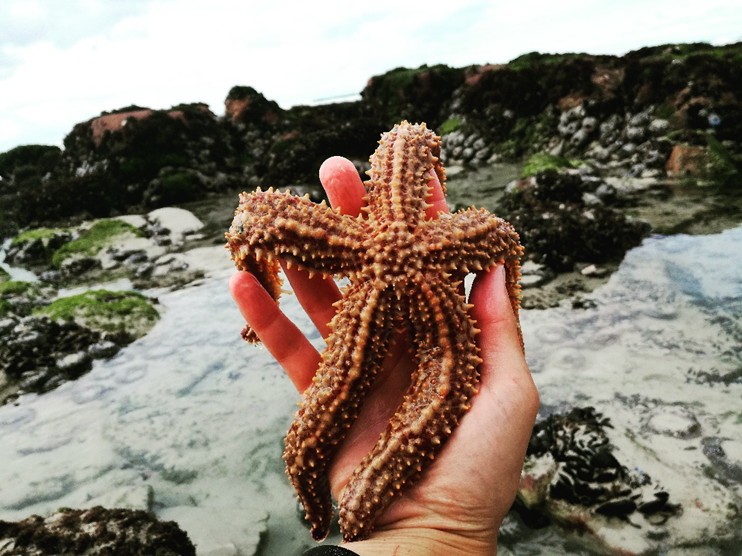
In their study, the team investigated this concept by focusing on two native marine subtidal predators, the West Coast rock lobster (Jasus lalandii) and the spiny starfish (Martastherias africana). In separate experiments, the two predators were provided with a mix of four mussel species: two native mussels, the ribbed (Aulacomya atra) and the black mussel (Choromytilus meridionalis) and two invasive mussels, the Mediterranean and (Mytilus galloprovincialis) and the Pacific mussel (Semimytilus algosus).
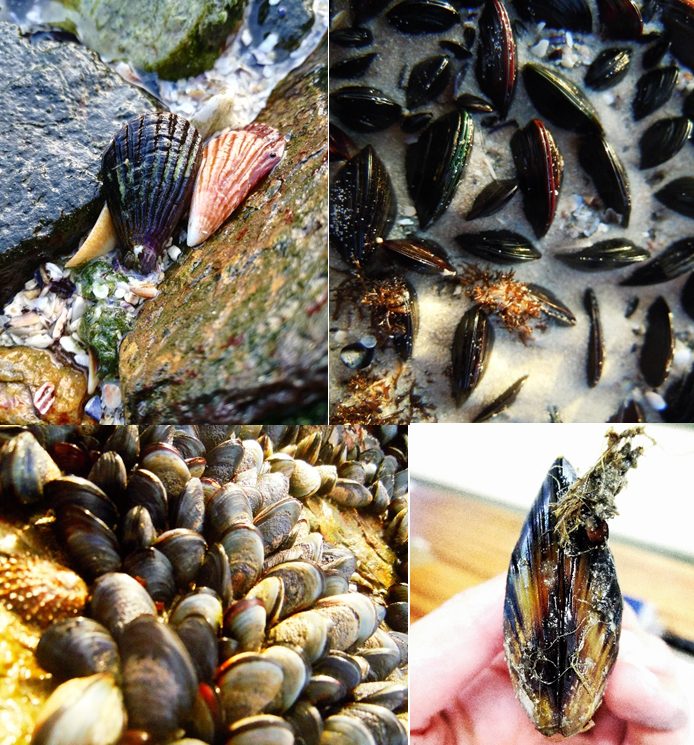
The team found that both predators avoided the invasive mussel species, while preferring the black mussel. This remained even when they were offered more invasive mussels than native ones. “This is bad news for the native black mussel as it is already competing with the invasive mussels for space and, as we showed in this study, also being eaten by two key predators of the system” explains Lisa Skein. For the time being, native rock lobsters and starfish will thus not contribute to any resistance against invasive mussels in subtidal habitats.
Lisa added, “Subtidal environments are challenging to study largely due to many logistical constraints. Information provided by a study like this one is thus very important and sheds light on the complexity of predator-prey interactions. It contributes to our overall understanding of the role that ecological interactions play in the outcomes of invasions. Future work will be looking at the long-term consequences of prey invasions, and whether native predators can learn to prefer invasive prey over time.”
Read the full paper:
Skein, L., Robinson, T.B. and Alexander, M.E. 2018. Impacts of mussel invasions on the prey preference of two native predators. Behavioral Ecology, Volume 29, Issue 2, Pages 353–359: https://doi.org/10.1093/beheco/arx172
For more information, contact Lisa Skein at lskein@sun.ac.za

